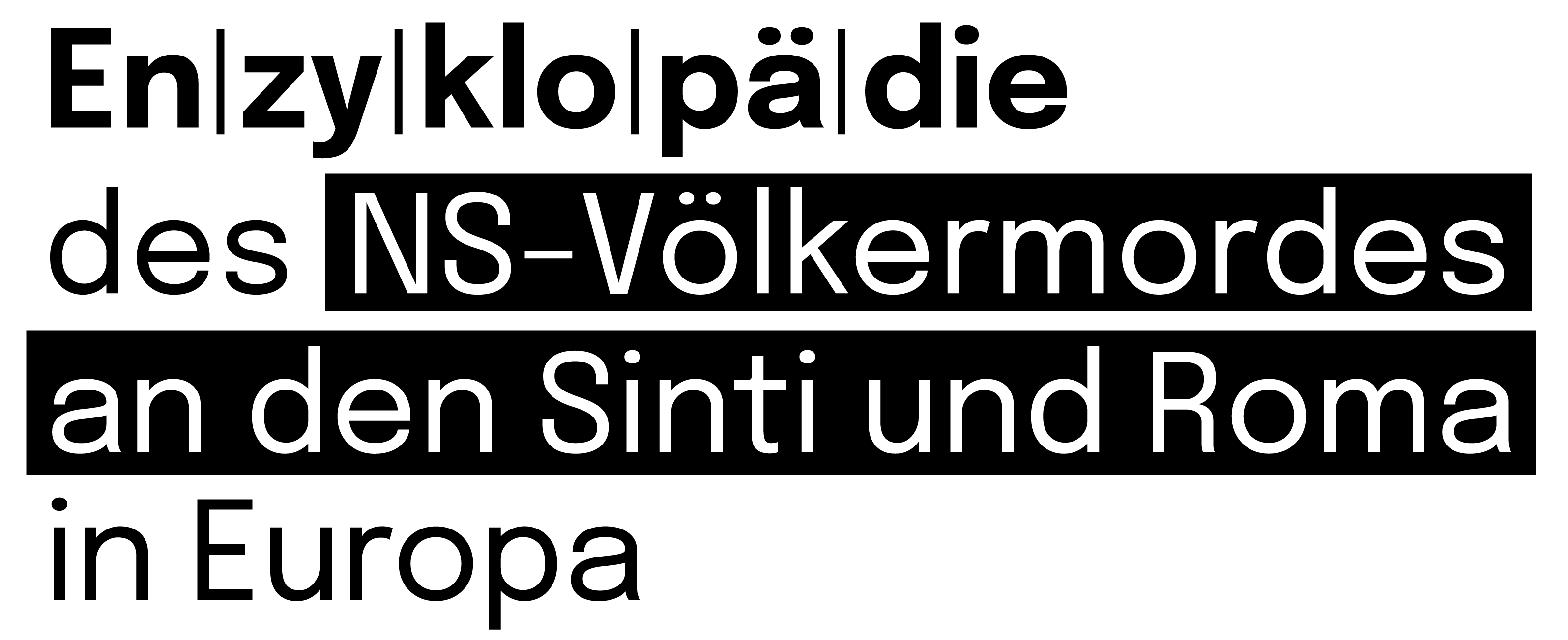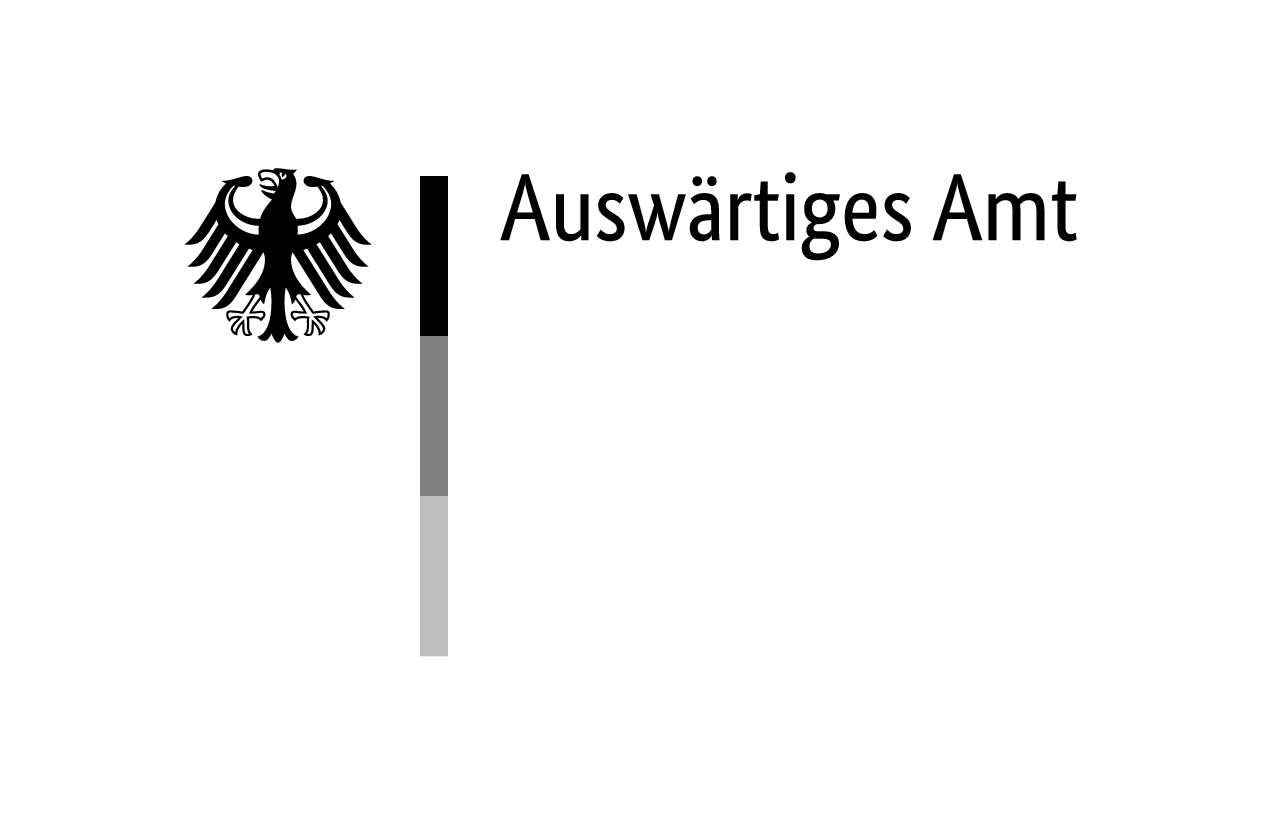Josef Janovský was camp commandant of the ‘Zigeunerlager’ Lety near Pisek, Protectorate of Bohemia and Moravia, from its establishment until February 1943. Previously, he had been the commandant of the ‘Arbeits-Straflager’ [penal labour camp] and the ‘Anhaltelager’ [custody camp] on the same site.
Career
Janovský was born on 19 March 1888 in Stříbrná Skalice [German: Silberskalitz, today Praha-východ district], in the Austro-Hungarian Empire. Following military service, he joined the Gendarmerie in 1913. During the First World War he served as a field gendarme. After the war he joined the Czechoslovak Gendarmerie and was detached to Užhorod from where he returned after the region was reassigned to Hungary by the First Vienna Award in 1938.
From 1939 to 1940 he served as head of the District Gendarmerie Headquarters in Kladno (Kladno district) and Jílové u Prahy (today Praha-západ district) until he was transferred to a civilian post in the Ministry of Interior under the terms of the decree of the Führer and Reich Chancellor Adolf Hitler (1889–1945) on the Protectorate of Bohemia and Moravia. Having achieved the rank of staff captain in the Gendarmerie, he now held the title of Senior Administrative Officer.
Camp Commandant
In summer 1940, Josef Janovský was posted to ‘Arbeits-Straflager I’, the first Custody camp situated in Lety near Písek, as commandant. On 20 February 1943, he was relieved of his duties at Lety because in the eyes of his superiors he had failed to fulfil his task as a camp commandant. Mostly, this failure is described as unauthorised actions taken by Janovský and his inadequate response to the emerging epidemic of typhus and typhoid fever in the camp. However, this is not clearly reflected in the sources.
Janovský was first given the post of the camp’s accountant in the labour education camp [Arbeitserziehungslager, AEL] Plan an der Lainsitz [Planá nad Lužnicí] but quickly transferred again. Until the end of the war, he worked at the district office in Praha-venkov-sever. His position in Lety was taken over by the commandant of Hodonin near Kunstadt, Štěpan Blahynka (1894–1956).
As a camp commandant, Janovský was described by both camp survivors and former guards after the war as domineering, cruel and sadistic, and his sympathy for Nazism was obvious. In Lety near Pisek, Janovský established special punishments that were not listed in the official camp regulations. In addition to brutal beatings, survivors reported that Janovský ordered that inmates be hung from a post with their hands tied behind them in a position in which their feet did not touch the ground, a torture that is also known from Auschwitz concentration camp.
After 1945
After the war, Janovský faced charges of collaboration in Czechoslovakia for his role as camp commandant in Lety. A first complaint made against him by former guards based on his treatment of inmates was dismissed in the summer of 1945, but a second complaint filed soon after led to an investigation and trial before a People’s Court in Prague.
Janovský was able to convince the court that he had acted on orders by his German superiors which he was powerless to disobey. He named August Lyss (1888–1973) as the person responsible for the conditions in the camp. Josef Janovský was acquitted of all charges on 9 September 1948. Since he had reached the legal age of retirement, his acquittal enabled him to take up his pension after the trial. Josef Janovský died of cancer in 1956.




